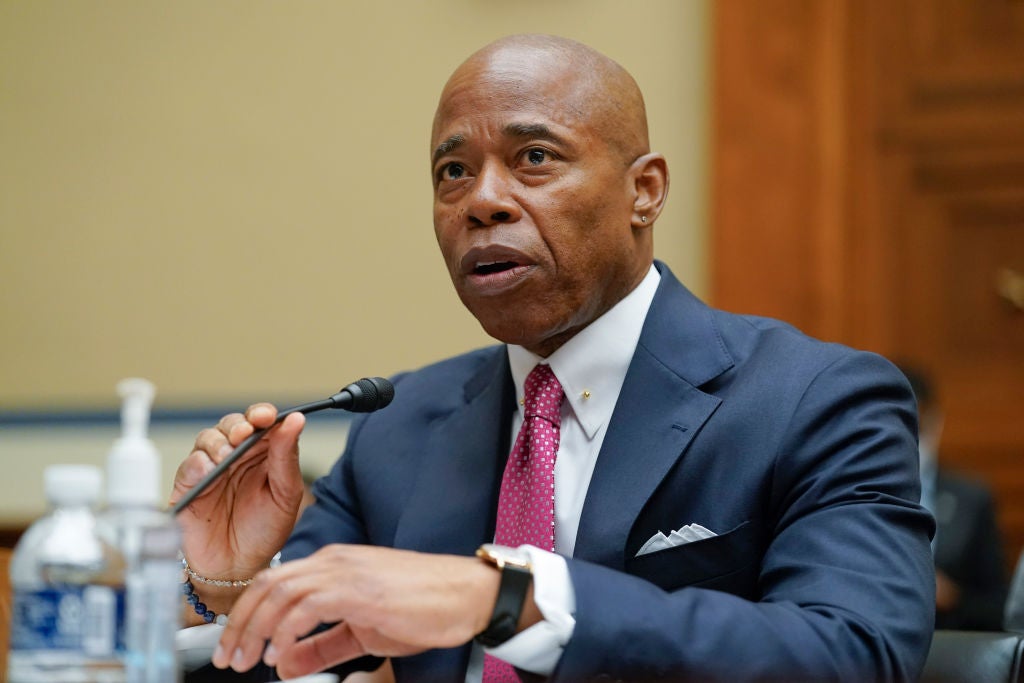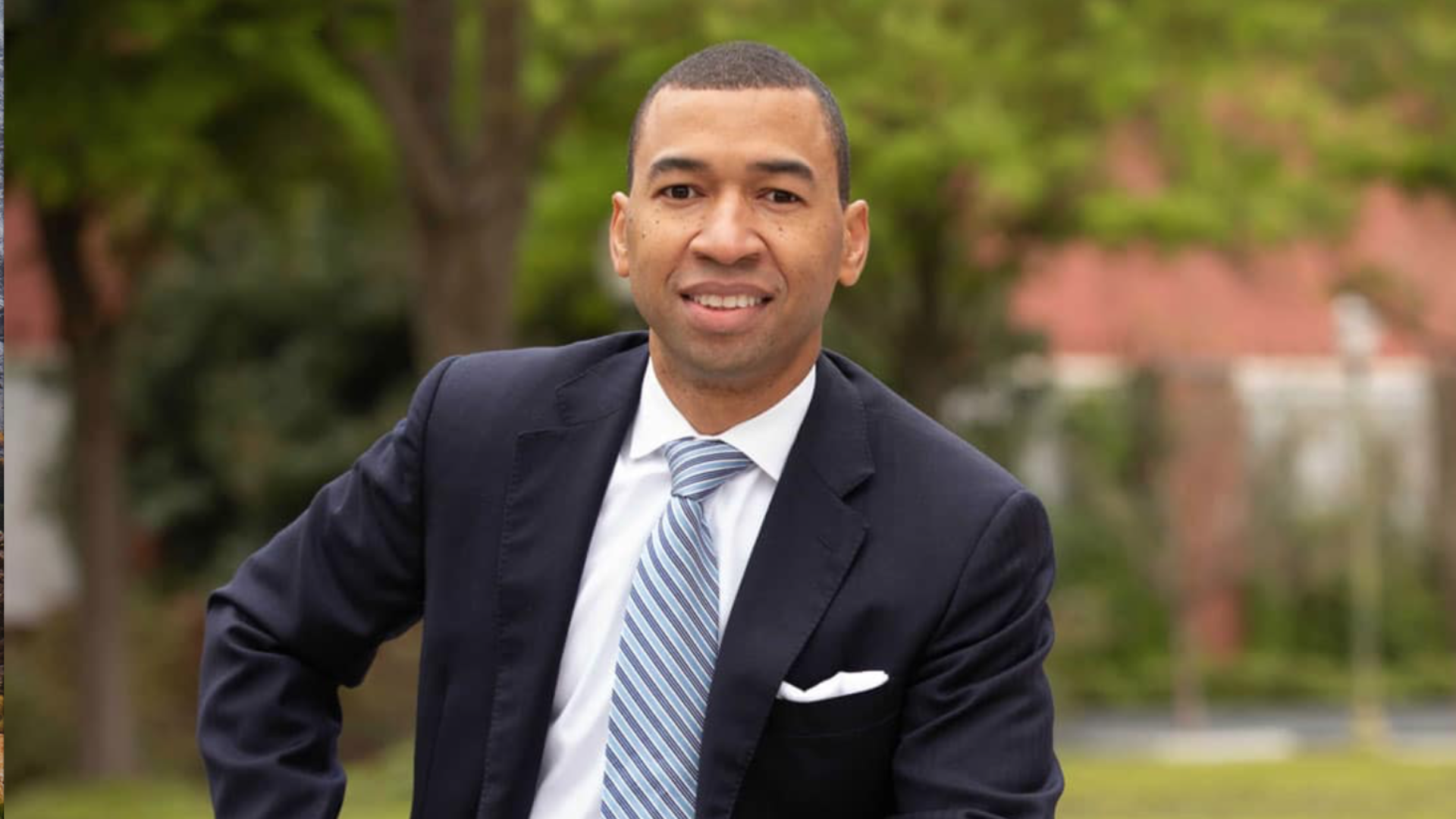
The day Steven Louis Reed became Montgomery, Alabama’s first Black mayor, the country, the city, the civil rights leaders who recognized the auspicious occasion for what it was, celebrated with joy. Reed was not simply making history, he was doing so in the former Capital of the Confederacy, the home of the bus boycotts, the place where Jim Crow took up residence way past the point of its eviction.
That celebratory day the country watched in awe, but Morehouse watched in satisfaction. Reed’s win, despite being groundbreaking, was a fulfillment of an expectation for the college that cultivated his resolve, the inevitable outcome for a student molded by its standards. “The education and the environment that Morehouse produces is unique unto itself,” Reed tells ESSENCE during a sit-down at Montgomery’s City Hall. “A lot of people would try to do it, but it is unique because of the culture, because of the standard, and because of the track record that exists there.”
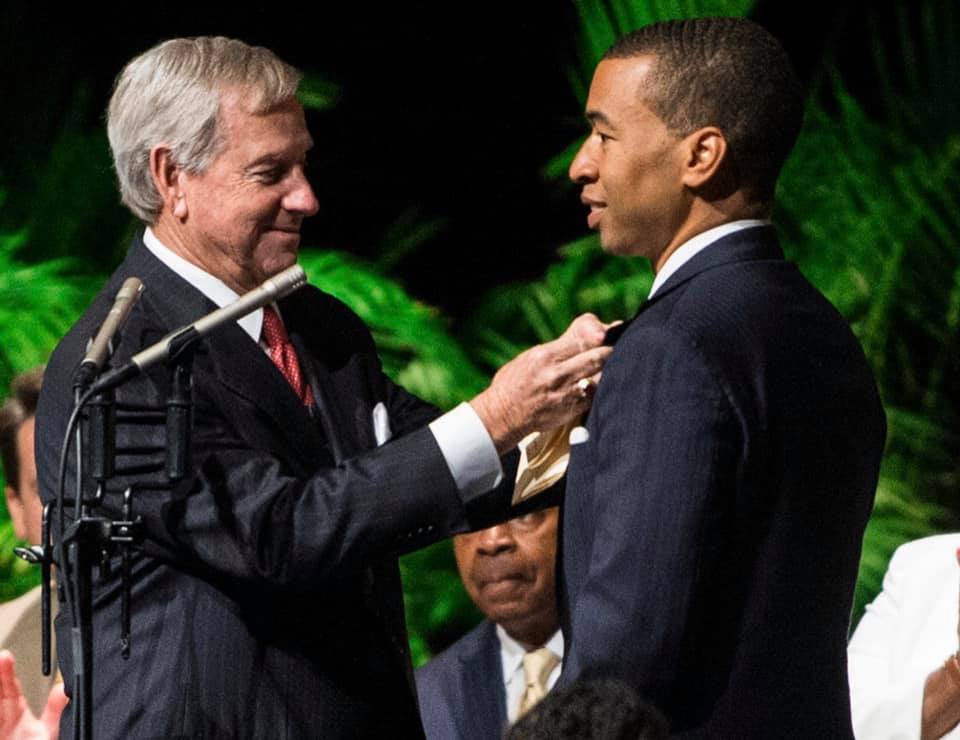
Roughly 65 years before Reed’s historic election, another Morehouse grad moved to the city he would eventually lead. Martin Luther King Jr. showed the world what graduates of “The House” have to offer, Reed continues to build on that indestructible legacy. Since taking office in November 2019, the former probate judge has made it clear that he wants a more equitable future for its residents. “When you look at the wealth disparity that exists between households and breaking that down by race, it is mind-boggling what you find here in Alabama,” Reed laments. “We have to make sure that we’re doing the types of things to change that, and that we’re talking about it in a public way so people know that we’re addressing it.”
In making sure that happens, Reed is taking an all of Montgomery approach. At the helm, he’s guided by his vision to revitalize the city but is still deliberate in seeking feedback from his constituents in the process. Surveying communities like Harlem and D.C., have helped the former financial analyst to be intentional with his policy-making. He tells ESSENCE he’s making sure to be sensitive to people who aren’t financially astute enough to deal with an abrupt change, while still improving on the city’s outlook. That means building protections into each policy. It means amplifying the positive that comes with growth while minimizing the negative impact. In that regard, Reed says “there’s no silver bullet solution.” But he sees growth and the impact of growth as a good problem to have.
Though Montgomery will forever be associated with the struggle for civil rights that emerged on its streets, Reed is rapidly redefining what that looks like. “Culturally, we want to be a place where people don’t feel like they’re going back into time because of all the dark happenings that took place here,” Reed says. “We want them to learn, and understand the history, but no more than they would if they went to Philly. No more than they would if they went to Boston or anywhere else that has a lot of significance.”
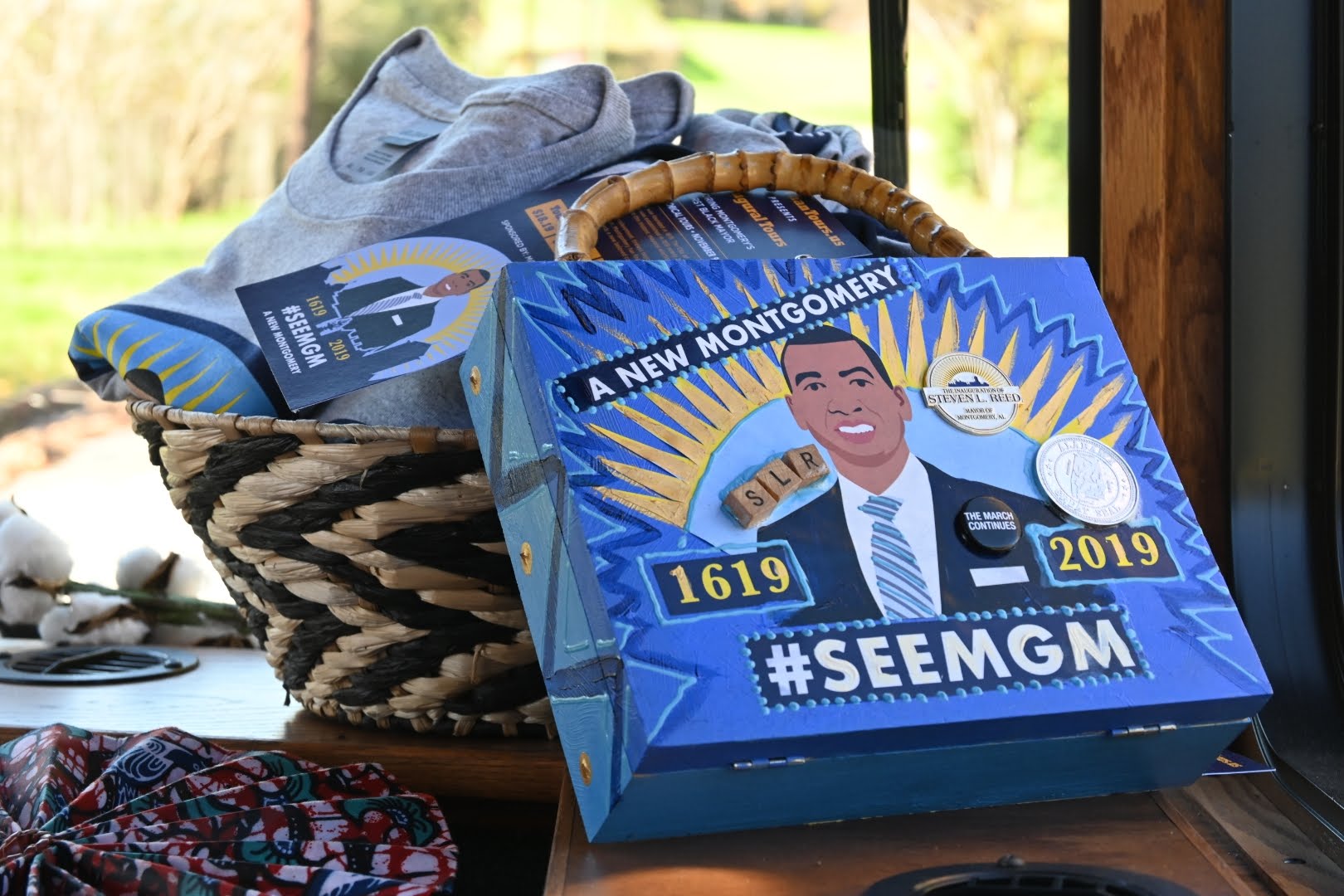
His ability to reshape the narrative in spite of resistance is a testimony to the school that told him he could. “Morehouse, I think, gave me the foundation to deal with a lot in society, not just professionally, but culturally and socially,” Reed insists. “Morehouse is about much more than just education. It’s about the person and building a man, in particular a Black man in this country, and understanding the nuance that goes along with that.”
The 96′ graduate contends that realizing who he is as a man has been instrumental in understanding the role he plays as a mayor. He’s a Black leader calling for change, wielding power in a place that treads cautiously toward its future. He does so with poise, positioning himself as a bridge between the past and his newly conceptualized present. “We have a chance now to push the reset button for the city of Montgomery,” Reed says. “We can chart how the game is played and how this game will potentially go forward because we’re the ones with the controllers. We’re the ones who are setting the rules.”
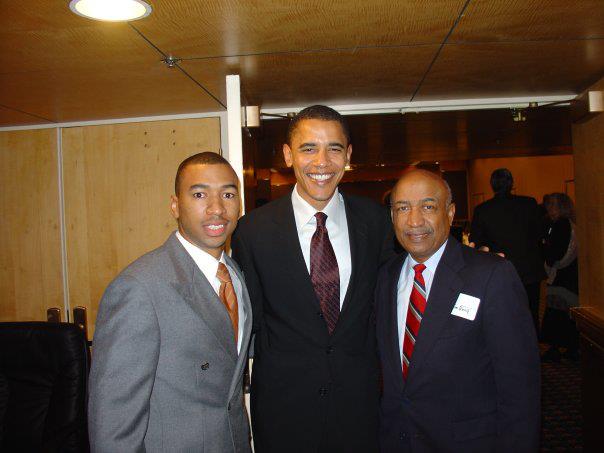
The Atlanta HBCU was the portal to Reed’s potential. The place that gave him steady hands for the responsibility he would eventually hold. “It shaped me,” Reed insists. “It was the best decision I ever made.” On the day of his inauguration, Morehouse acknowledged its dear brother who had risen to the occasion. The one who had been elected to take the reins of the former white supremacy stronghold.
“They came out of the woodwork,” Reed fondly recalls of the alumni who gathered and sang the school hymn. “It was unique, and I think it’s unique to the connection that we all have regardless of where we are in life and what our station is to the college. And so it’s special. It’s a lot more than where you go to get a degree. It becomes part of you, and I think that’s the biggest testament that I can say to that.”
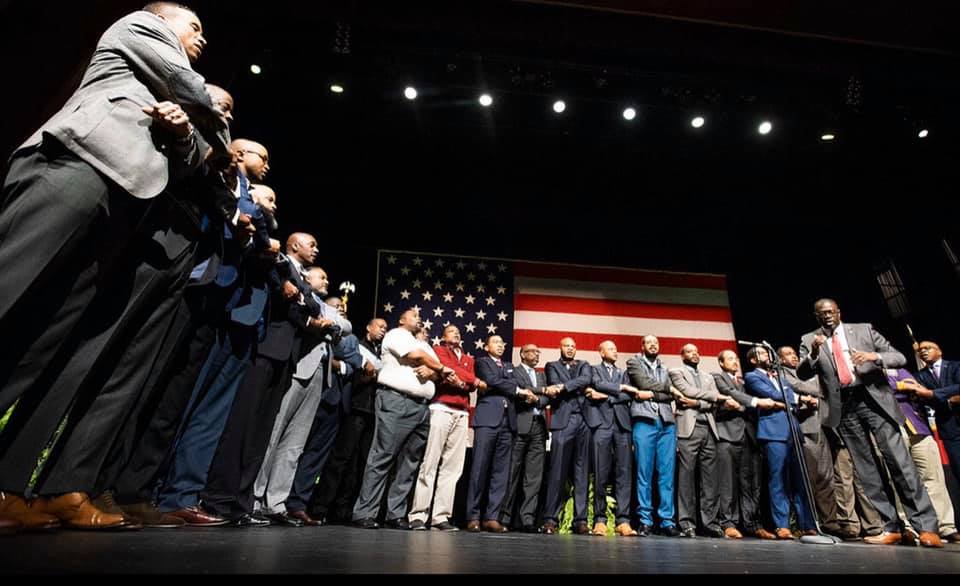
November 12, 2019, the son of a politician, a son of Montgomery, looked out at the crowd of those gathered for his inauguration and said, “We are assembled here because we chose destiny over division. Today, we are assembled here because we chose the future over fear.” They were also assembled there because Morehouse College gave Steven Reed the perception to know that day was possible.
—
In wake of the COVID-19 crisis, a coalition of HBCU leaders, advocacy organizations, and corporate partners have come together to host the National HBCU Commencement Celebration. The virtual celebration will be streamed live from ESSENCE Studios on Saturday, May 16, 2020, and will feature celebrity hosts, motivational speakers, musical performances, and the profiles of HBCU valedictorians and other graduates.


